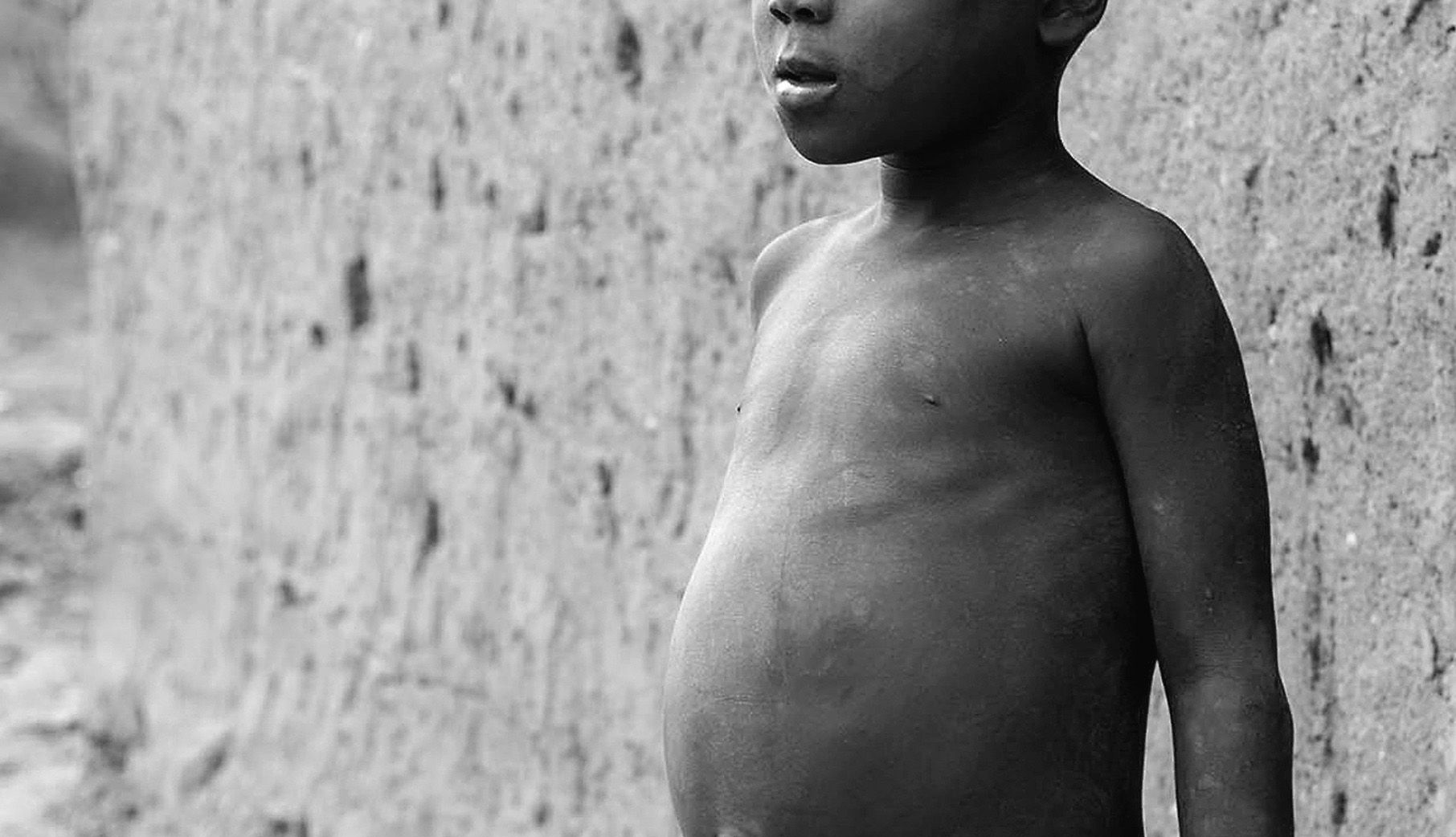In 2022/23, about 1,000 children lost their lives to preventable acute malnutrition and 15,000 had to be admitted to hospital due to severe acute malnutrition in South Africa.
To address the issue, the Western Cape Health and Wellness Department, in partnership with DG Murray Trust and Department of the Premier, will launch a pilot programme later in 2025 in Worcester, Khayelitsha and Mitchells Plain to reduce stunting and malnutrition in children. It aims to ensure women and their children have a nutritious diet.
This is a victory for the trust, which has been advocating for improved child nutrition and, more recently, advocating for support for pregnant mothers to prevent stunting and wasting while the child is still in the womb.
Western Cape health and wellness MEC Mireille Wenger announced the pilot programme in her budget speech this week, which focused on a holistic quality of life.
Her detailed proposal included expanding access to quality healthcare, accelerating the capital build programme to build new hospitals and clinics and improve existing facilities, enhancing the department’s role in violence prevention as part of the Western Cape Safety Plan and “reducing malnutrition in children to ensure every child can start well”.
Read more: What happens in the womb doesn’t stay in the womb: The real cost of malnutrition
Wenger said mothers will receive monthly support from their first antenatal visit until their baby turns six months, to offer them food security and diversify their diets, ensuring their babies get the nutrition they need.
“In South Africa today, 27% of children under five are stunted – a figure that is as alarming as it is heartbreaking. In the Western Cape we’ve made encouraging progress, reducing our stunting rate by 5.4 percentage points over the last six years.
“Today, our provincial rate stands at 17.5%. This is a positive step toward our goal of reducing stunting to 10.3% by 2030, but the truth is, 17.5% is a most shocking statistic,” said Wenger.
The Western Cape health and wellness department is in discussion with potential retail partners to support the delivery mechanisms for the pilot. Wenger added that each mother in the pilot will receive concentrated care from specially trained community healthcare workers.
“These workers will offer an enhanced care package, including growth monitoring, maternal and child health services, mental health support, breastfeeding counselling and more. This is a holistic intervention – one that meets mothers where they are and walks alongside them through the most critical months of their baby’s life,” the MEC said.
Read more: Save our children – Almost 30% of children under 5 are stunted
The DG Murray Trust welcomed the announcement: “For DGMT, this partnership is a strong example of what can be achieved when the government and civil society work side by side. Stunting isn’t just a childhood issue – it affects learning, future earnings and the economy. It’s one of the reasons the average child born today is expected to reach only 43% of their full productive potential as an adult.”
Liezel Engelbrecht, nutrition lead for the Hold My Hand Accelerator, which is part of the trust’s incubation programme, said: “Now is the time to push for action. The cost of inaction? A cycle of poverty and poor health.”
She added: “This is a targeted intervention focused on underweight pregnant women, pregnant women who are at risk of having a low-birth-weight baby (under 2.5kg) and new mothers of babies born with a low birth weight.
“This pilot project in the Western Cape is one example of how provincial and national governments can support pregnant women through cash grants or food vouchers. According to research from 27 low- and middle-income countries, pregnancy support programmes like this can reduce the risk of low birth weight – an important factor, since babies born underweight face a higher risk of infant mortality, developmental delays and stunting.
“On a national level, there is a need for social assistance in the form of a Maternal Support Grant for all poor and vulnerable pregnant women, starting in the second trimester.”
Wenger said that, if left unchecked, the combined cost of stunting and obesity in the Western Cape could reach an estimated R947-billion in lost economic potential by 2040.
“We know how much more needs to be done. And we know we cannot afford to lose momentum. Because when a child is stunted, their potential is stunted. So we cannot wait. Every day we delay addressing malnutrition, we rob our province – and our country – of its greatest resource.”
The MEC added: “These children are more likely to face developmental delays, struggle at school, drop out early, live in poverty and suffer from chronic illness later in life...
“This initiative will target underweight pregnant mothers and low-birthweight babies, because low-birthweight babies are three times more likely to become stunted.”
The pilot will run until October 2026. If successful, it will provide the proof of concept needed to secure public funding and expand the programme. DM
South Africa
Western Cape to tackle ‘shocking’ stunting stats in ‘targeted’ nutrition scheme for moms, babies
A new pilot programme in Worcester, Khayelitsha and Mitchells Plain will support the nutrition of pregnant women and mothers to prevent malnutrition.





